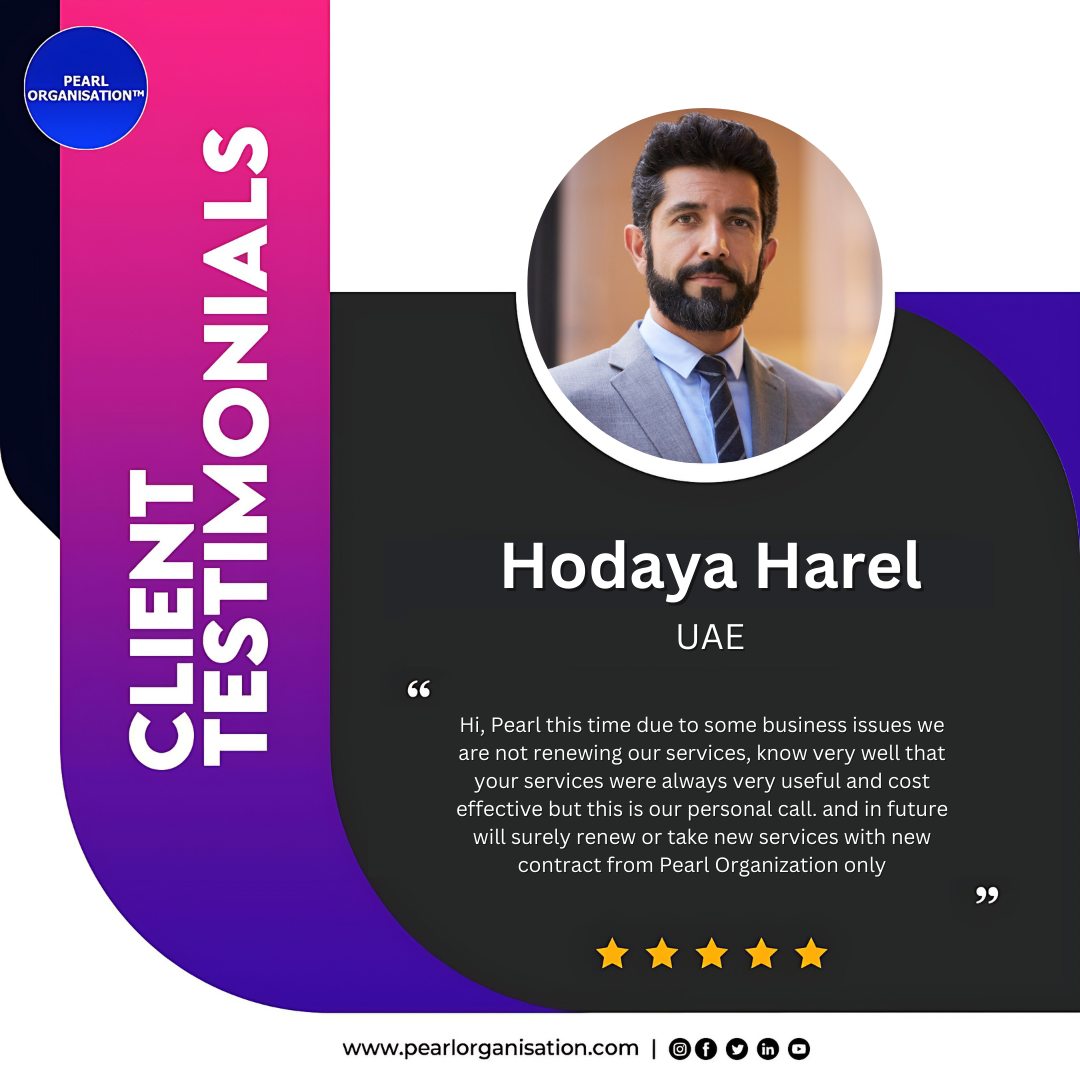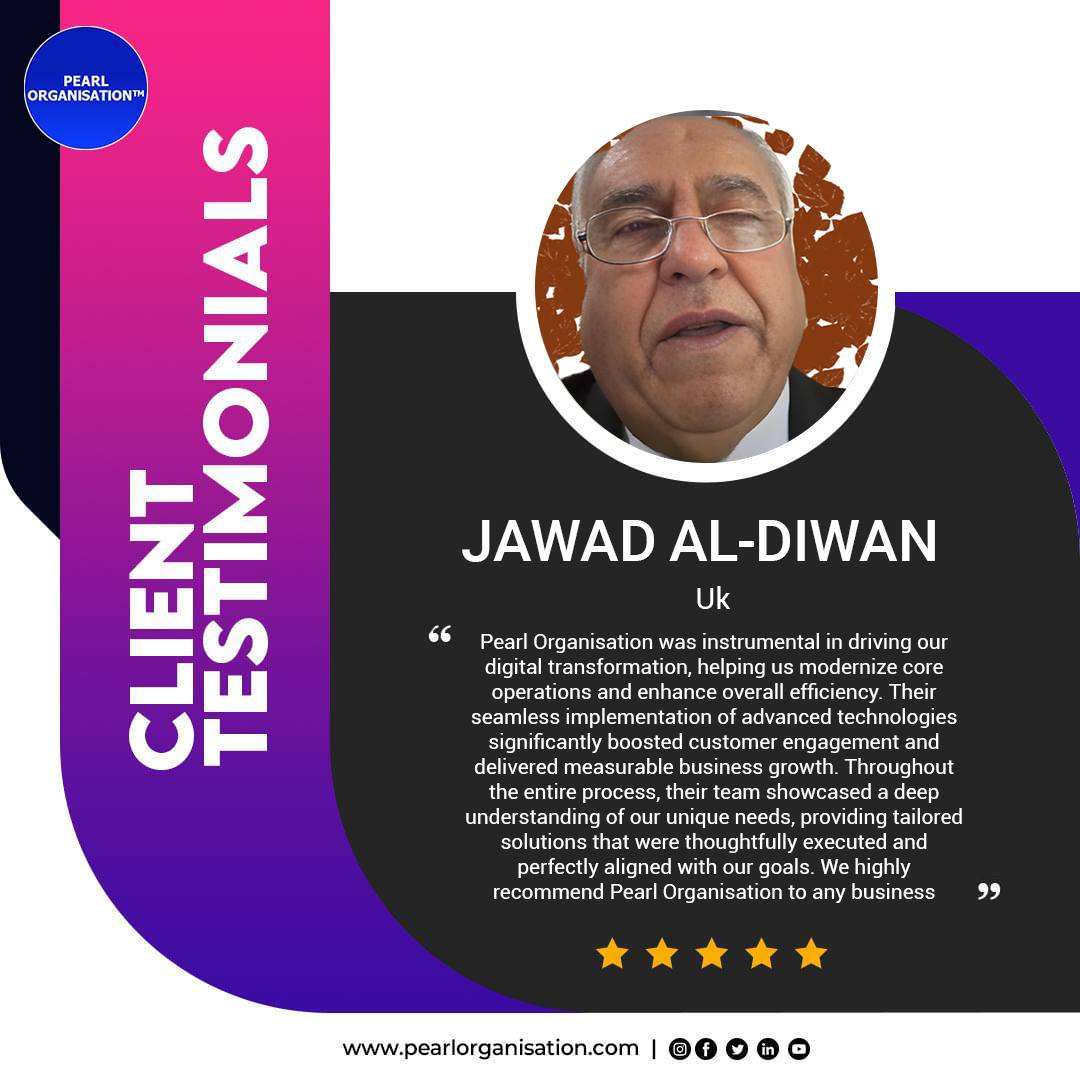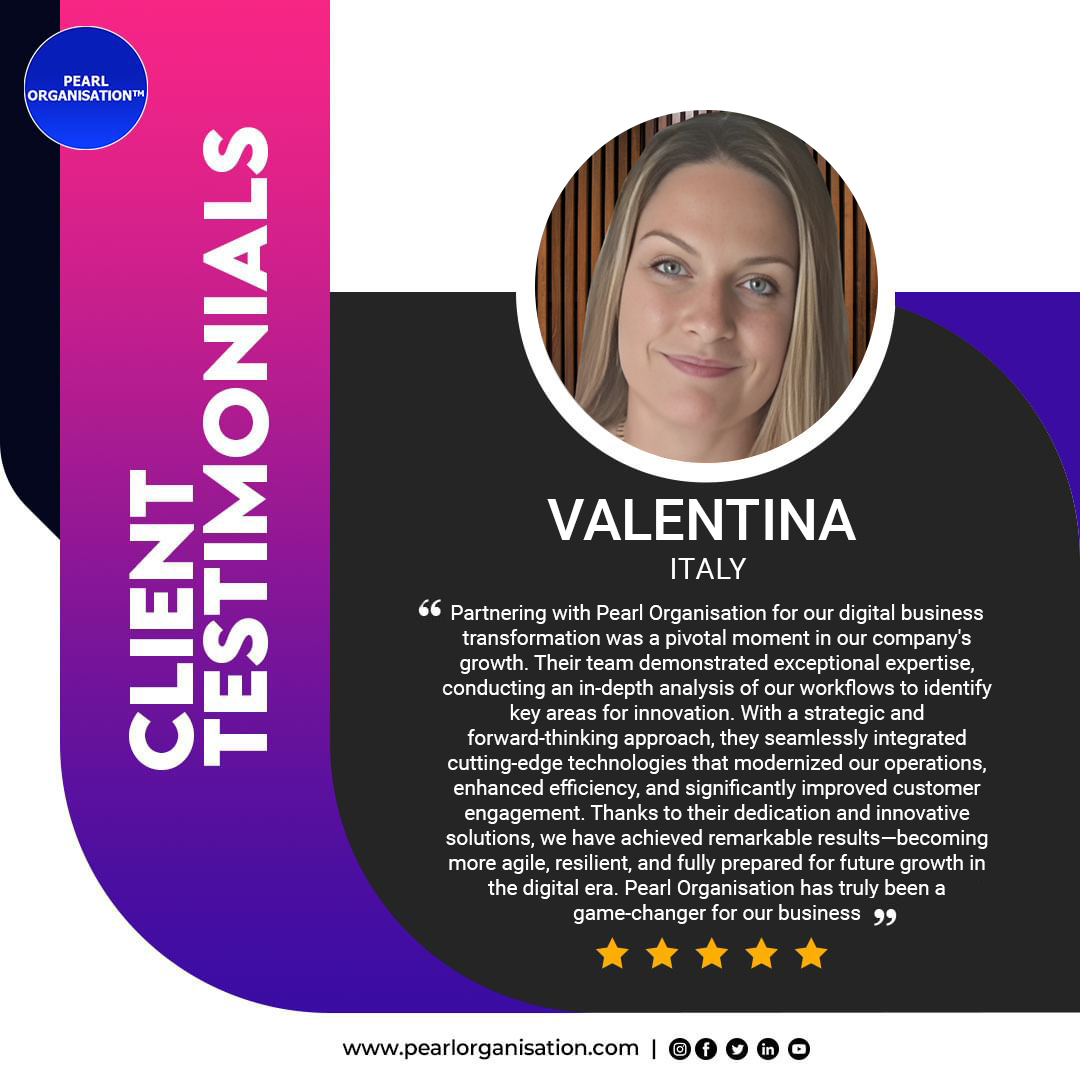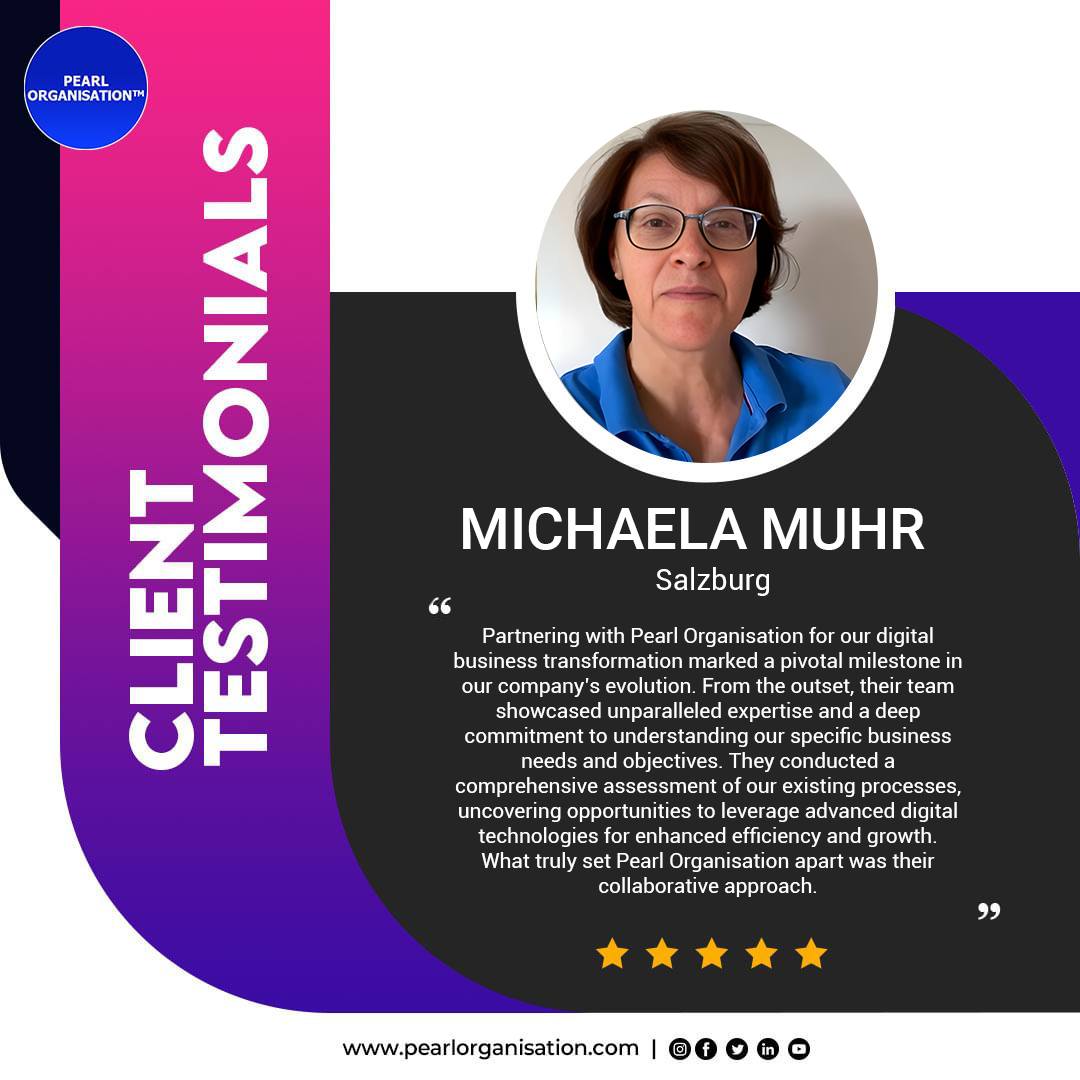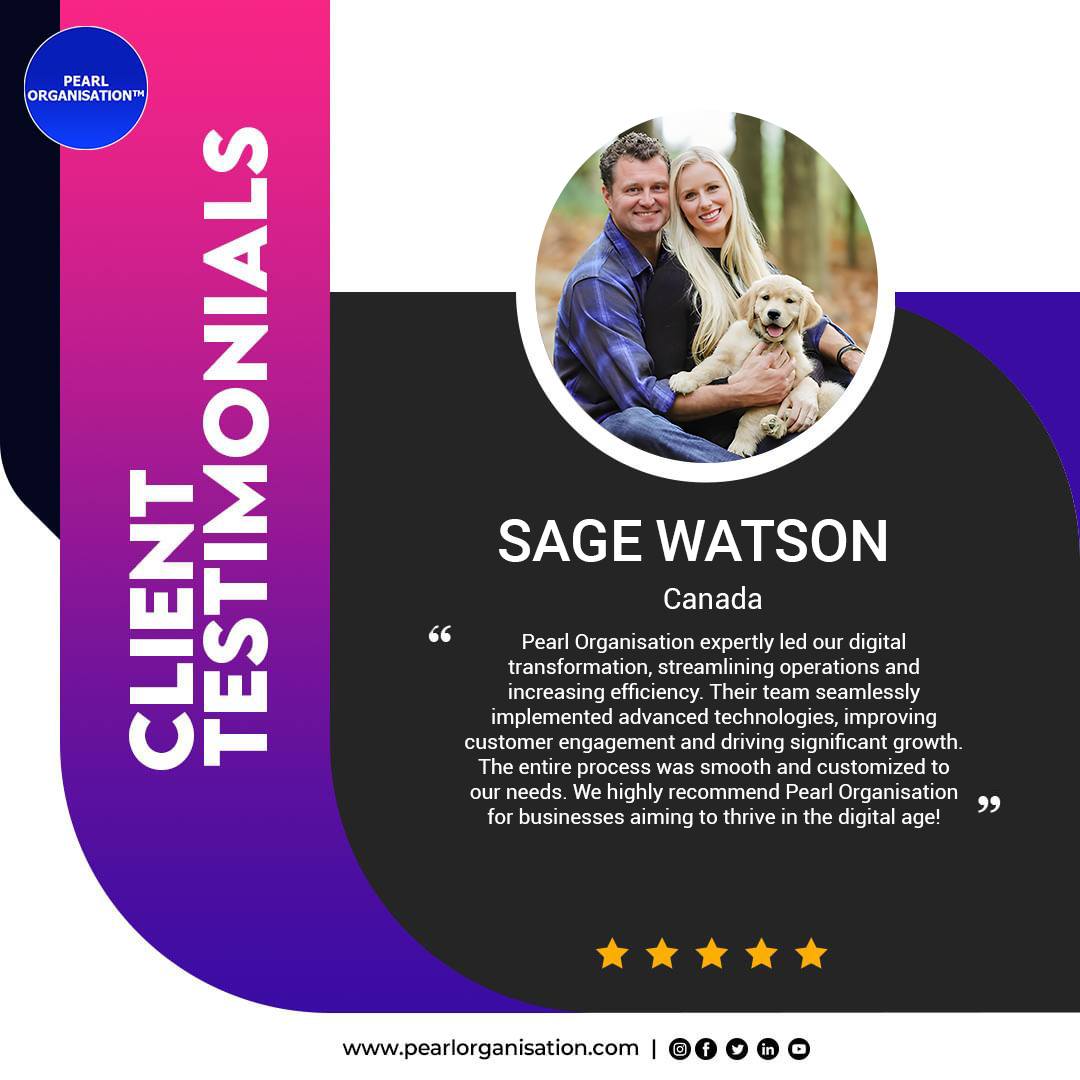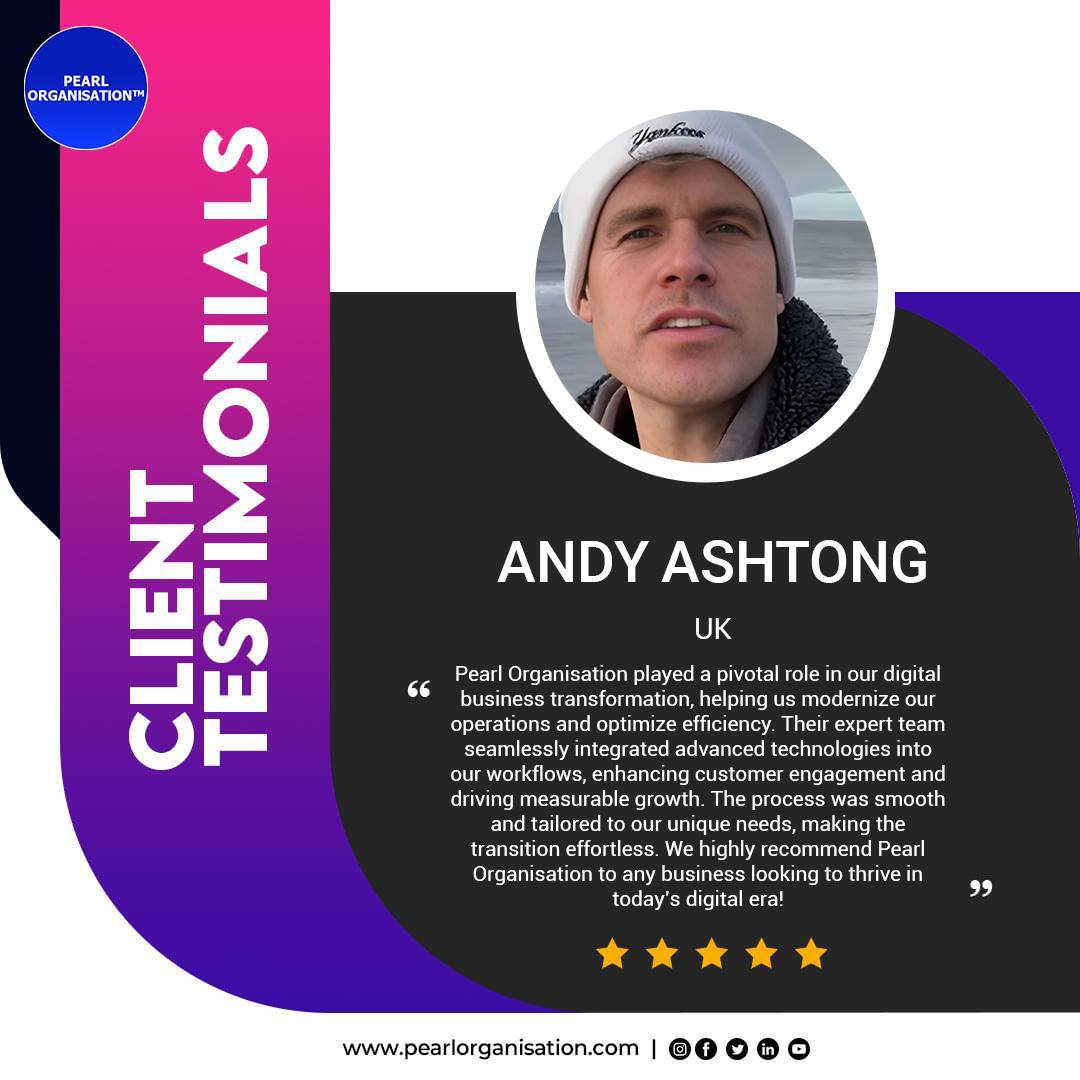Cost-Effective IT Strategies for Startups and Enterprises in UAE
- Larrisa

- Aug 21, 2025
- 7 min read

The UAE has rapidly positioned itself as a global hub for technology-driven businesses. From Dubai Internet City to Abu Dhabi’s Hub71, innovation districts are fueling the rise of startups and enterprises seeking competitive IT solutions. Yet, one of the biggest challenges for both small and large businesses is finding cost-effective IT strategies that balance affordability with scalability.
At Pearl Organisation, we help businesses in the UAE navigate this challenge by designing tailored IT roadmaps that cut costs, increase efficiency, and deliver long-term value.
1. Why Cost-Effective IT Matters in the UAE Market
The UAE’s business ecosystem is dynamic, with high levels of competition, government regulations, and rapid digital adoption. Both startups and enterprises must balance innovation with financial sustainability.
Startups often work with limited capital and must stretch their IT investments without compromising performance.
Enterprises face high operating costs and require scalable IT strategies that can adapt to rapid growth across multiple regions.
A cost-effective IT strategy ensures businesses can compete locally and globally without overspending on tools, talent, or infrastructure.
2. Cloud-Native Solutions: Reducing Hardware Costs
Traditional IT setups with on-premise servers are expensive to maintain, requiring large upfront investments. By shifting to cloud-native infrastructure such as AWS, Microsoft Azure, or Google Cloud, companies in the UAE can:
Pay only for what they use (subscription-based billing).
Scale up during high-demand seasons (e.g., tourism and retail spikes).
Reduce maintenance costs with automatic updates and managed services.
Pearl Organisation has helped several UAE startups cut IT infrastructure costs by up to 40% annually through cloud adoption.
3. Leveraging Open-Source Platforms
Instead of relying on costly licensed software, startups and SMEs can adopt open-source alternatives that provide robust performance without recurring fees.
Examples include:
ERPNext and Odoo for enterprise resource planning.
MySQL and PostgreSQL for database management.
Kubernetes and Docker for container orchestration.
Our development teams in Pearl Organisation specialize in customizing open-source tools to match client workflows, ensuring security and performance remain uncompromised.
4. Automation and AI to Reduce Workforce Costs
In the UAE’s service-driven economy, a large portion of IT spending goes into manual tasks. By introducing automation and AI-driven workflows, businesses can dramatically reduce costs in operations, HR, and customer service.
These tools allow businesses to do more with fewer human resources, making IT spending far more cost-efficient.
5. Hybrid Outsourcing Models
Hiring full-time IT teams in the UAE can be costly due to competitive salaries and benefits. Instead, many businesses are embracing hybrid outsourcing models, where critical IT functions are handled internally while non-core tasks are outsourced to specialists.
Pearl Organisation provides dedicated IT outsourcing for UAE businesses, offering services like:
24/7 server monitoring.
Application maintenance.
Digital marketing support.
This ensures businesses access top talent without the long-term overhead of full-time hires.
6. Cybersecurity on a Budget
Cybersecurity is often perceived as expensive, but in the UAE — where data privacy laws (such as DIFC and ADGM frameworks) are becoming stricter — cutting corners is not an option. Cost-effective IT strategies must include affordable but reliable security layers:
Cloud-based firewalls (cheaper than hardware firewalls).
Two-factor authentication (2FA) across all platforms.
End-to-end data encryption for communication and storage.
Regular vulnerability scanning and penetration testing (outsourced at a fraction of in-house costs).
Pearl Organisation integrates AI-driven threat detection systems that can identify suspicious behavior in real time — saving UAE businesses from multi-million-dirham breaches.
7. Industry-Specific IT Cost Optimizations
The UAE has a booming e-commerce market. Cost-effective IT in this sector includes:
Using headless CMS platforms like Strapi or Contentful instead of costly legacy systems.
Implementing AI-based demand forecasting to optimize stock levels and avoid over-purchasing.
Automating customer service with chatbots integrated into WhatsApp, Instagram, and web portals.
Healthcare providers in Dubai and Abu Dhabi face compliance requirements. Affordable IT strategies include:
Cloud-hosted EHR systems compliant with UAE healthcare regulations.
Telemedicine platforms with automated appointment scheduling.
AI diagnostic assistants to reduce time spent on repetitive tasks.
For fintech startups in UAE’s DIFC, compliance and security costs can be high. Cost-effective solutions include:
Leveraging regtech tools to automate compliance reporting.
Using blockchain-based smart contracts for transparent transactions.
Employing API-first architecture to integrate services without costly rebuilding.
8. Government Incentives and Support
The UAE government actively encourages digital adoption by offering grants, tax incentives, and reduced-cost IT infrastructure in innovation hubs.
Dubai SME provides IT subsidies for startups.
Abu Dhabi Hub71 offers funding and free cloud credits.
Free Zones like Dubai Internet City reduce costs for tech licensing and office infrastructure.
Pearl Organisation assists clients in leveraging these government initiatives to reduce upfront costs while scaling IT investments strategically.
9. Building Scalable IT for Long-Term Savings
A common mistake startups make is choosing short-term cheap solutions that become costly during scaling. Enterprises, on the other hand, often overinvest in bloated IT infrastructures that are underutilized.
A balanced cost-effective IT approach includes:
Choosing modular software architectures that scale with business growth.
Deploying microservices instead of large monolithic applications.
Implementing multi-cloud strategies to avoid vendor lock-in.
At Pearl Organisation, we design IT infrastructures that scale without proportional cost increases — ensuring long-term sustainability.
10. Future Trends in Cost-Effective IT (UAE Focus)
Looking ahead, businesses in the UAE must prepare for new cost-saving IT trends:
AI Agents for Operations → Automating everything from HR onboarding to customer care.
Low-Code/No-Code Platforms → Enabling startups to build apps without full development teams.
5G-Enabled Cloud Applications → Offering faster, cheaper, and more reliable connectivity.
Green IT & Energy-Efficient Data Centers → Reducing IT energy bills and aligning with UAE’s sustainability vision.
Companies that adopt these early will not only save money but also gain a competitive edge in the UAE’s fast-evolving market.
11. Conclusion: Why Choose Pearl Organisation
For startups and enterprises in the UAE, cost-effective IT strategies are not just about cutting expenses — they are about investing smartly for growth. Pearl Organisation brings a unique blend of affordability, scalability, and innovation, ensuring every dirham spent delivers measurable ROI.
Whether you’re a Dubai-based startup looking for a lean IT infrastructure or a large Abu Dhabi enterprise aiming to optimize global operations, our tailored IT solutions are designed to:
Reduce overhead.
Accelerate digital transformation.
Secure your business from risks.
📩CONNECT
Are you a startup or enterprise in the UAE looking to optimize IT costs without sacrificing performance?
👉 Contact Pearl Organisation today to explore tailored strategies that fit your budget, scale with your growth, and future-proof your business.
FAQ:
1. Why are cost-effective IT strategies crucial for startups in the UAE?
Startups in the UAE often face limited budgets and high competition. According to MAGNiTT’s UAE Startup Ecosystem Report 2024, nearly 63% of startups fail due to poor financial management, including overspending on IT. Cost-effective IT strategies help reduce overhead while ensuring faster market entry and sustainable growth.
2. How much do UAE enterprises typically spend on IT?
A Gartner Middle East IT Spending Report (2024) revealed that UAE enterprises spend on average 6–9% of their total revenue on IT. However, startups spend only 2–4% of revenue due to budget constraints, making affordable IT solutions critical for survival.
3. What IT services offer the highest ROI in UAE businesses?
Globally, and in the UAE, the IT services that deliver the highest returns include:
Cloud migration (saves up to 30% on infrastructure costs — Deloitte 2024)
AI-driven automation (reduces operational costs by 25–40%)
Cybersecurity investments (prevents losses of up to $4.45M, average breach cost — IBM 2023 Report)
4. How important is cloud adoption for cost reduction in UAE?
Cloud adoption is a top cost-saving strategy. IDC reports that 83% of UAE enterprises plan to increase cloud spending by 2026. Migrating to cloud platforms like AWS Middle East (Bahrain Region) or Microsoft Azure UAE North helps cut upfront costs while improving scalability and compliance.
5. Can cybersecurity be cost-effective for UAE startups?
Yes. While advanced enterprise security solutions can be costly, affordable managed security services (MSS) are available in the UAE. According to PwC’s 2024 Cybersecurity Middle East Survey, 72% of SMEs in the UAE now outsource security to cut costs while maintaining compliance with strict UAE regulations (such as DIFC data laws).
6. Are AI and automation cost-effective for UAE businesses?
Absolutely. AI adoption in the UAE is projected to contribute $96 billion to the economy by 2030 (PwC report). AI-driven IT strategies — from chatbots for customer service to AI-powered data analytics — cut costs by automating repetitive tasks while increasing efficiency.
7. How can startups in the UAE build IT infrastructure with minimal upfront costs?
Instead of investing in expensive hardware, startups can:
Use cloud-based SaaS tools (pay-as-you-go).
Implement open-source technologies like Linux, PostgreSQL, and Laravel.
Adopt low-code/no-code platforms for faster, cheaper app development.
A Statista 2024 report found that businesses using open-source saved 40–50% of IT budget in the first year.
8. What role do UAE government initiatives play in reducing IT costs?
The UAE government actively supports cost-effective IT adoption:
Dubai SME 100 → provides subsidies for IT and innovation.
Hub71 Abu Dhabi → offers free cloud credits and mentorship.
Dubai Internet City (DIC) → reduces IT licensing and infrastructure costs.
Such programs have helped over 400 startups lower IT spending by 35–40%, according to UAE Ministry of Economy reports.
9. Are enterprises in UAE moving towards multi-cloud to save costs?
Yes. Enterprises are increasingly adopting multi-cloud strategies to avoid vendor lock-in and optimize costs. McKinsey’s UAE Digital Adoption Survey (2024) found that 56% of UAE enterprises already operate in a multi-cloud environment, cutting IT infrastructure costs by an average of 20%.
10. What is the future of cost-effective IT strategies in UAE?
The future lies in AI-driven, cloud-native, and green IT solutions. Key trends include:
Low-code app development → projected to reduce dev costs by 50% by 2027 (Forrester).
5G-enabled IT solutions → improving cloud speed and reducing latency costs.
Green IT and sustainable data centers → expected to save UAE enterprises 20–25% on energy bills while meeting sustainability goals.































